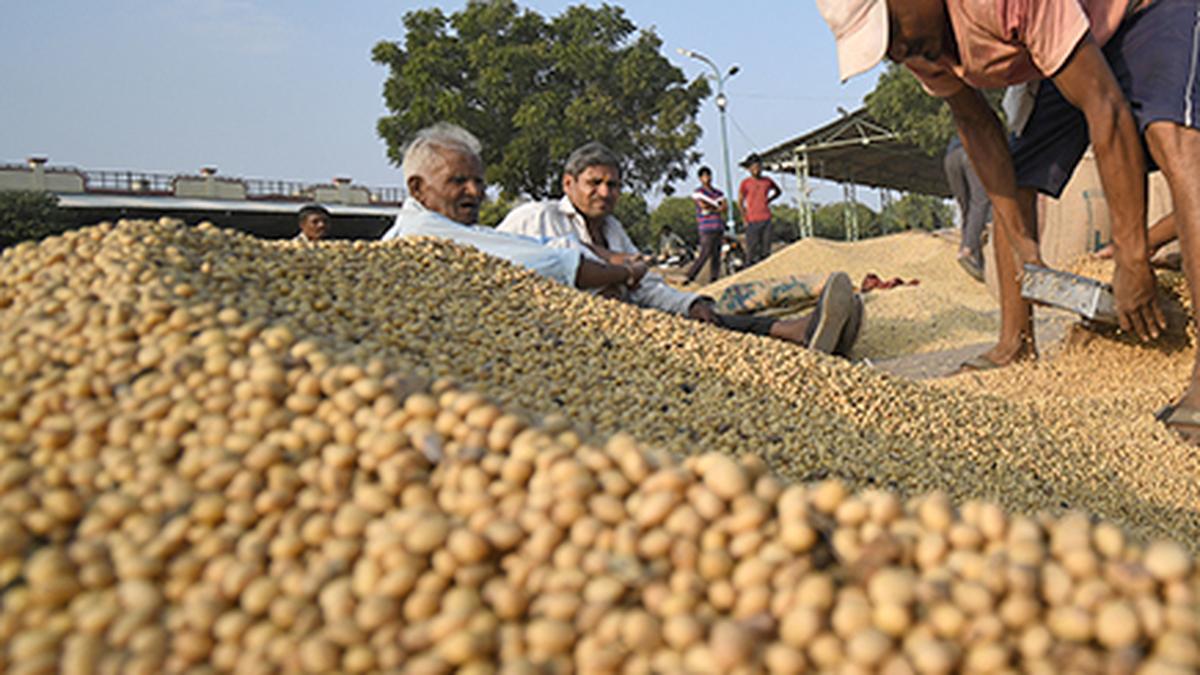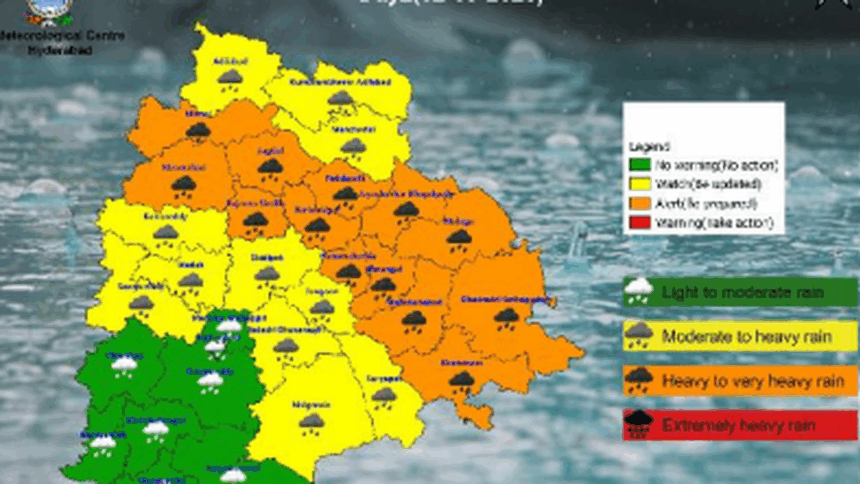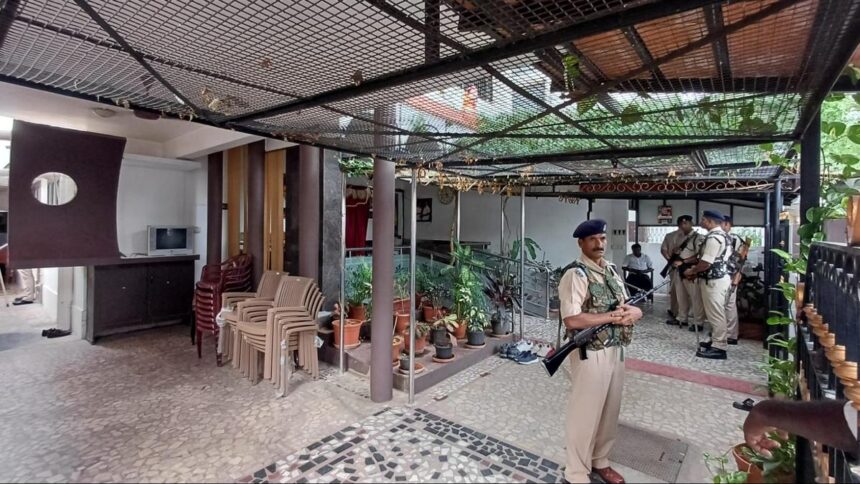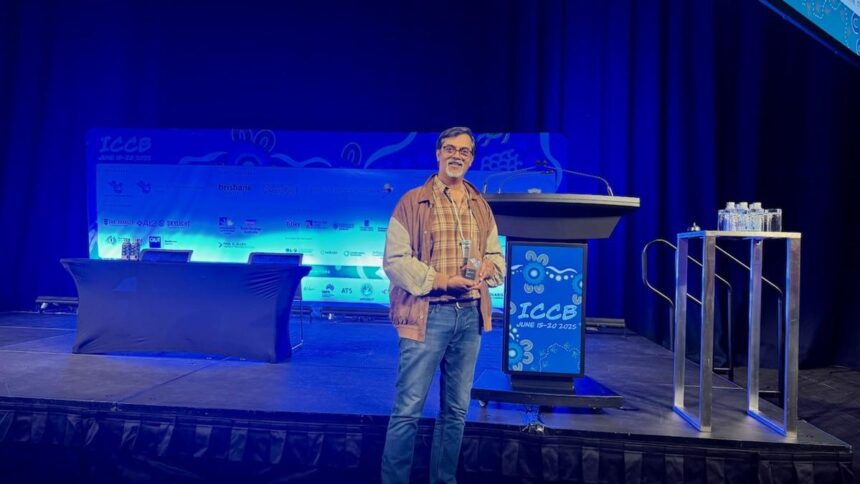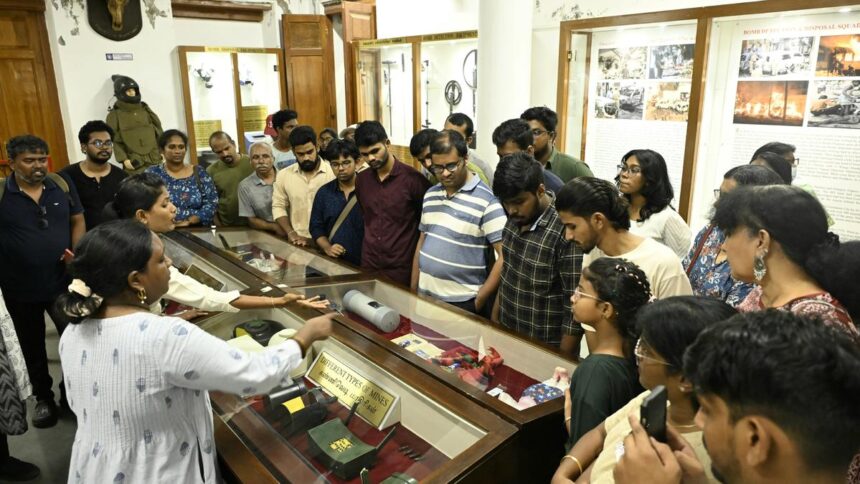The Bombay High Court has dismissed petitions challenging a Maharashtra Government Resolution (GR) dated March 12, 2024, on the procurement and supply of agricultural inputs to farmers, calling them ‘totally baseless’ and imposing a cost of ₹1 lakh on the petitioners.
A Division Bench comprising Chief Justice Alok Aradhe and Justice Sandeep V. Marne rejected a Public Interest Litigation filed by the Agri Sprayers T.I.M. Association and others contested the tender-based procurement model adopted under the new GR.
The Bench ruled that there was no flaw in the GR, which outlines the government’s plan to supply five items — battery-operated sprayers, nano urea, nano DAP, metaldehyde pesticide, and cotton storage bags — to farmers under a special scheme for boosting productivity and developing the value chain of cotton, soybean, and oilseeds.
The order passed on July 22 and made available on July 25, observed that filing of these baseless petitions has resulted in creation of hurdles in effective implementation of the Special Action Plan, which is aimed at giving impetus to cultivation of specified crops and benefitting the farmers.
“A trader and manufacturer of one of the products has attempted to frustrate the Special Action Plan with the motive of promoting his own business interests. For this reason, also, while dismissing the Petitions, we are inclined to impose costs on the Petitioners.”
The petition filed by Agri Sprayers T.I.M. Association and others, challenged the GR dated March 12, 2024, which contemplates procurement and supply of five items: fertilisers, pesticides and agriculture equipment to the farmers under special program for enhancement of productivity.
The petitioners argued that the new procurement model marked a shift from the 2016 GR, which had facilitated farm subsidies via the Direct Benefit Transfer (DBT) scheme, enabling farmers to purchase such items from local vendors. They alleged that the state agencies were now procuring these products at inflated prices, thus harming both manufacturers and farmers.
The petition said that the GR has the effect of deleting the items such as: Battery Operated Sprayers, Nano Urea, Nano DAP, Metaldihide Pesticide and cotton storage bags from Schedule-A of the GR dated December 5, 2016, by which amounts towards purchase of the said items were to be directly paid to the farmers under Direct Benefit Transfer (DBT).
The petitioners said they are aggrieved by the action of the State government in directing procurement of the items for supply thereof to the farmers through Maharashtra Agro Industries Development Corporation Limited (MAIDCL) and Maharashtra State Powerloom Corporation Limited (MSPCL) and insisted that the subsidy for procurement of the said five items must be paid in cash to the farmers so as to enable them to purchase the same from local traders rather than procuring and supplying them through agencies like MAIDCL, MSPC, etc.
The Bench ordered, “We do not find any merit in Writ Petition as well as PIL petition and both are accordingly dismissed by imposing costs of ₹1,00,000 on Petitioners to be paid to the High Court Legal Services Authority within 4 weeks. If costs are not paid within the stipulated time, the Registry shall make a report to the jurisdictional District Collector for recovery of the amount of costs from Mr. Tushar Padgilwar as arrears of land revenue. In view of the dismissal of the Writ petition as well as the PIL petition, the Interim Applications do not survive and are accordingly disposed of.”
The petitioners argued that the new procurement model marked a shift from the 2016 GR, which had facilitated farm subsidies via the Direct Benefit Transfer (DBT) scheme, enabling farmers to purchase such items from local vendors. They alleged that the state agencies were now procuring these products at inflated prices, thus harming both manufacturers and farmers.
Advocate Nikhil Sakhardande, appearing for the petitioners, argued the DBT model offered farmers better value, letting them buy locally at competitive rates.
Senior advocate V.R. Dhond, representing the State, clarified that the current GR was part of a broader initiative and not merely about product distribution.
The court agreed and held that the two GRs were distinct in objective and scope. It observed that the 2016 GR focused on DBT subsidies for broader agricultural items, whereas the 2024 GR aimed at structured, state-led procurement for a targeted action plan to improve oilseed productivity.
The Bench ruled that the petitioners had “no locus standi” to challenge the GR as their interests were purely commercial and did not reflect any public concern. It held that the petitioners had “erroneously mixed up” the objectives of two separate GRs and thereby failed to establish any legal infirmity in the March 2024 resolution.
Published – July 26, 2025 12:59 am IST








